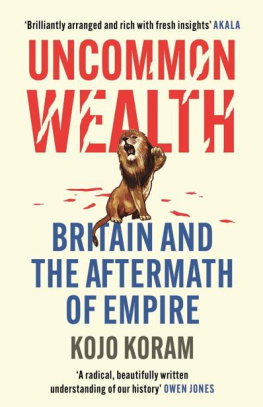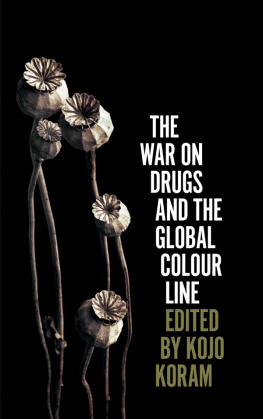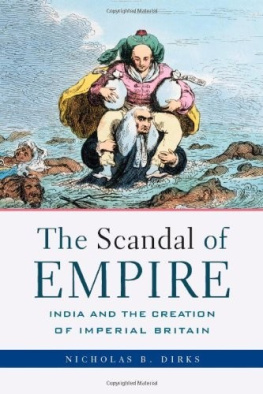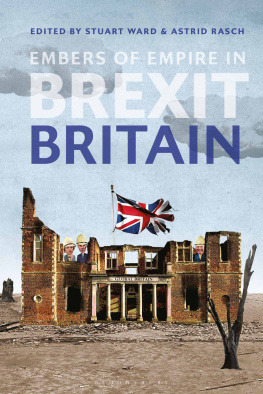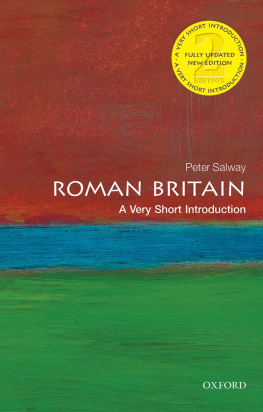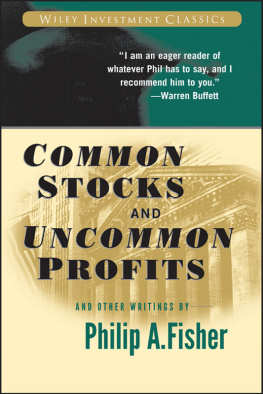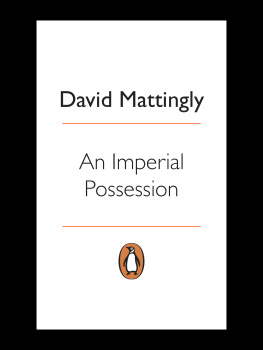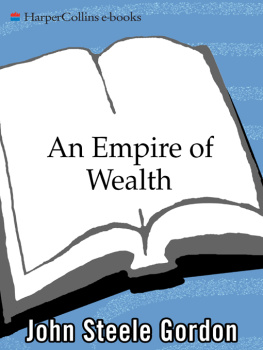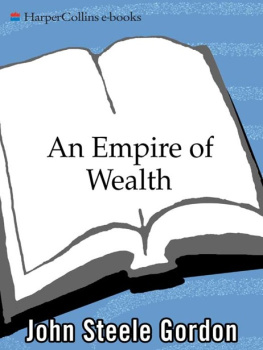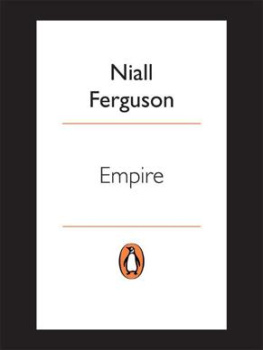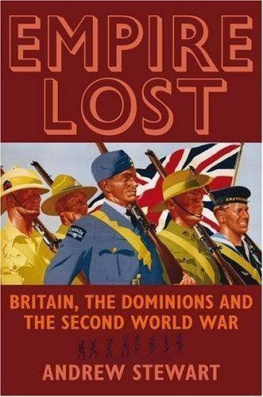Kojo Koram - Uncommon Wealth: Britain and the Aftermath of Empire
Here you can read online Kojo Koram - Uncommon Wealth: Britain and the Aftermath of Empire full text of the book (entire story) in english for free. Download pdf and epub, get meaning, cover and reviews about this ebook. year: 2022, publisher: John Murray Press, genre: Politics. Description of the work, (preface) as well as reviews are available. Best literature library LitArk.com created for fans of good reading and offers a wide selection of genres:
Romance novel
Science fiction
Adventure
Detective
Science
History
Home and family
Prose
Art
Politics
Computer
Non-fiction
Religion
Business
Children
Humor
Choose a favorite category and find really read worthwhile books. Enjoy immersion in the world of imagination, feel the emotions of the characters or learn something new for yourself, make an fascinating discovery.
- Book:Uncommon Wealth: Britain and the Aftermath of Empire
- Author:
- Publisher:John Murray Press
- Genre:
- Year:2022
- Rating:4 / 5
- Favourites:Add to favourites
- Your mark:
- 80
- 1
- 2
- 3
- 4
- 5
Uncommon Wealth: Britain and the Aftermath of Empire: summary, description and annotation
We offer to read an annotation, description, summary or preface (depends on what the author of the book "Uncommon Wealth: Britain and the Aftermath of Empire" wrote himself). If you haven't found the necessary information about the book — write in the comments, we will try to find it.
Kojo Koram: author's other books
Who wrote Uncommon Wealth: Britain and the Aftermath of Empire? Find out the surname, the name of the author of the book and a list of all author's works by series.
Uncommon Wealth: Britain and the Aftermath of Empire — read online for free the complete book (whole text) full work
Below is the text of the book, divided by pages. System saving the place of the last page read, allows you to conveniently read the book "Uncommon Wealth: Britain and the Aftermath of Empire" online for free, without having to search again every time where you left off. Put a bookmark, and you can go to the page where you finished reading at any time.
Font size:
Interval:
Bookmark:
Kojo Koram is a lecturer at the School of Law at Birkbeck College, University of London. He is the editor of The War on Drugs and the Global Colour Line. Prior to academia, Koram worked in social welfare law, youth work and teaching. He has written for the Guardian, Washington Post, Nation, Dissent, New Statesman and Critical Legal Thinking.

www.johnmurraypress.co.uk
First published in Great Britain in 2022 by John Murray (Publishers)
An Hachette UK company
Copyright Kojo Koram 2022
The right of Kojo Koram to be identified as the Author of the Work has been asserted by him in accordance with the Copyright, Designs and Patents Act 1988.
Cover image Getty/DK Images
Cover design by Keenan
All rights reserved.
No part of this publication may be reproduced, stored in a retrieval system, or transmitted, in any form or by any means without the prior written permission of the publisher, nor be otherwise circulated in any form of binding or cover other than that in which it is published and without a similar condition being imposed on the subsequent purchaser.
A CIP catalogue record for this title is available from the British Library
eBook ISBN 978-1-529-33865-2
John Murray (Publishers)
Carmelite House
50 Victoria Embankment
London EC4Y 0DZ
www.johnmurraypress.co.uk
Contents
For Albert Nyadu Obeng and Edmund Manteaw Koram
Look out for linked text (which is in blue) throughout the ebook that you can select to help you navigate between notes and main text.
As a child, I moved homes in a way that took me through not only space but time. I was born in Ghana before moving to the UK as an infant. In the eyes of many, to relocate from West Africa to Great Britain was to move through multiple stages of history. The distance between my two homes was measured not in air miles but in centuries. Britain was celebrated as the cradle of civilisation; on the other hand, African states like Ghana were seen as being barely out of the dark ages. This framework for understanding the world was presented as being as natural as the seasons.
By the time I was ten years old, long summer trips back to Ghana were a staple of our family calendar. It was the 1990 s, the height of globalisation, and each year that we returned to Accra, the city seemed to have spread further and further. Areas that were undisturbed coastlines one year would be home to bustling hotels the next. My ever-present companion during explorations across the city was my grandfather, the person I was named after, who was simultaneously a proud Ghanaian and a classic English gentleman. Having travelled to London as part of the Windrush generation of Commonwealth subjects, to work for Royal Mail while he trained as an optician, he retained many habits from his time in post-war Britain, even decades after he had returned to Ghana. He owned a Mini Cooper, began his day with a full English breakfast and a cup of tea, and God help me or my cousins if we disturbed him while listening to the morning report from the BBC World Service .
On one of our many drives across the city, the car filling up with the heat of another Accra traffic jam, I decided to try and pass the time by asking the question: Grandpa, why is Ghana so poor? What do mean? came the reply. Well, wasnt Ghana once called the Gold Coast? Indeed, he said. And gold makes you rich, doesnt it? Yes, it does. So why is Britain so much richer than Ghana? After a pause, my grandfather answered me with a simple story. Ghana only got its independence a few decades ago, so it has some catching up to do. That seemed like a plausible explanation at the time. Ghana was a young country; Britain was an old one. Perhaps the relationship between these two places where I lived was similar to the relationship between myself and my grandfather.
I returned to Britain in time for the new school year, and began to recognise versions of this same story explaining the inequality in the world being repeated at every turn. But in the UK it came with an added dose of British exceptionalism. In the education system and wider culture, I would lean about how Britain, as the birthplace of industrialised capitalism and parliamentary democracy, had organically created the ideal political, economic and legal systems for wealth and stability. This is what had made the country rich while others were poor, civilised where others were barbarous. If the empire was ever mentioned, it was only through vague references to how it had helped Britain benevolently spread its political, economic and legal system to all the corners of the world. The story I learned in school to explain the disparities of the world was built upon older, uglier ideas of human classification. Latent within it was a picture of people of different colours belonging to different stages of history, of race as a marker of difference in the evolution of humankind. But this was the 1990 s and by this time it was impolite to talk about those old ideas openly. This was the age of the end of history, after all; the Cold War was over and all the big battles between nations, races and models of society were supposed to have been settled. We didnt need to talk about racism, sexism, class politics and especially colonisation anymore, the free market had made us all individuals and social mobility was freely available to anyone who wanted it. The rise of the internet and the growth of global travel promised us that, over time, it would make all the old inequalities and divisions that disfigured our world into a thing of the past. This was the age of meritocracy, where inherited privilege and huge gaps between the rich and poor would soon be confined to history. Instead of talking about racial or civilisational hierarchies, ideas of human difference had been rechristened by lawyers and economists as a bloodless and bureaucratic process called development. And the core belief of development was that it was a one-way road.
This story of linear development is still widely accepted by many across the political spectrum. From doctrinal Marxism to libertarian capitalism, most theories of modern political or economic development begin with the tale of British exceptionalism. When we tell the story of how modern capitalism emerged, it is through the enclosure of medieval English villages and the growth of the dark satanic mills of the industrial revolution. When we speak of the rise of democracy, it is through the nobles holding King John to the Magna Carta or Cromwell cementing the power of Parliament. With this story, the striking inequalities that even a child couldnt miss when travelling from Britain to Ghana (or anywhere else in what was then called the Third World) could be easily dismissed as just the necessary growing pains of new nation states. If a developing country was being torn apart by huge disparities between the wealthy and poor, spiralling sovereign debt or divisions between ethnic communities, this wasnt a question of economics, history, the global legal structure or the legacy of empire. It was just a question of time. Such crises were part of the maturing process that these developing countries would have to pass through. We could rest assured that, across the world, progress was moving in an orderly queue. And if Britain had long stood at the front of this queue, there was no real need to pay much attention to what was happening behind it.
Font size:
Interval:
Bookmark:
Similar books «Uncommon Wealth: Britain and the Aftermath of Empire»
Look at similar books to Uncommon Wealth: Britain and the Aftermath of Empire. We have selected literature similar in name and meaning in the hope of providing readers with more options to find new, interesting, not yet read works.
Discussion, reviews of the book Uncommon Wealth: Britain and the Aftermath of Empire and just readers' own opinions. Leave your comments, write what you think about the work, its meaning or the main characters. Specify what exactly you liked and what you didn't like, and why you think so.

